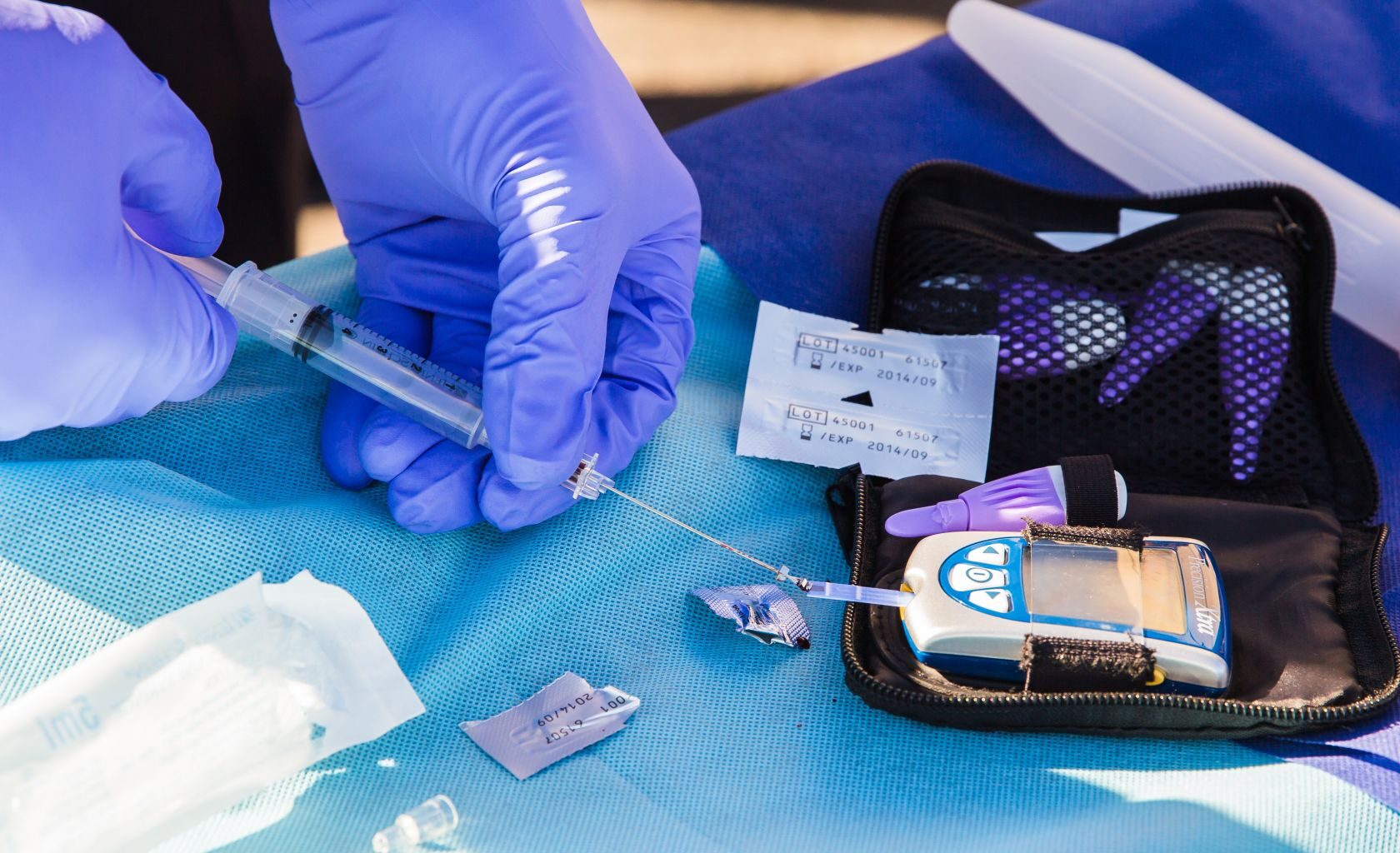Data from the Annual Report of the National Diabetes Observatory – “Diabetes: Facts and Figures”, prepared by the Portuguese Society of Diabetology (SPD), show a growing trend of the disease in the country and warn of the persistence of high levels of underdiagnoses, attributed, in part, to the lack of integration of data from the private sector.
Despite the progress observed in some indicators, the report highlights the stagnation in the number of diabetes-related amputations, which has remained stable for a decade—with major amputations representing an identical proportion to minor amputations—a fact considered “worrying.”
“Although we have recovered examinations and consultations after the pandemic, the number of amputations remains unchanged. This is a sign that we are still failing to control the most serious complications of the disease,” said Rita Nortadas, President of the National Diabetes Observatory, quoted in a statement.
The data also indicate that, in 2024, the direct cost of diabetes in Portugal was estimated at between 1.5 and 1.8 billion euros, equivalent to 0.5-0.6% of the national GDP and between 5% and 6% of total health expenditure.
“This report confirms that we are facing an epidemic that continues to grow in Portugal. The constant increase in the prevalence of diabetes demands more effective measures for prevention, early diagnosis, and coordination between levels of care,” argued Rita Nortadas.
The report also reveals positive trends reflecting improvements in the monitoring and control of the disease: there was a 39% reduction in potential years of life lost due to diabetes over the last decade, a slight decrease in the disease as a cause of death, as well as a significant decrease in hospitalizations where diabetes appears as the primary or associated diagnosis.
More than 90% of hospitalizations occur in the adult population, and 85.3% of people with diabetes had at least one consultation registered in the Unified Health System (SUS) in 2024, figures that demonstrate the recovery of healthcare activity in Primary Care.
“The lack of more detailed data — by type of diabetes, by sector, and by region — remains an obstacle to the formulation of effective health policies,” considers Rita Nortadas, who argues that it is fundamental to “move towards integrated information systems that allow for evidence-based decisions.”
“Diabetes represents up to 0.6% of the national GDP. Investing in the prevention and management of the disease is investing in the sustainability of the health system and the quality of life of people,” concludes Rita Nortadas.
Diabetes currently affects approximately 589 million adults worldwide, a number that could exceed 800 million in the coming decades.
In Portugal, approximately 1.1 million adults live with diabetes, which, according to the SPD (Portuguese Diabetes Society), reinforces the urgency of prevention and monitoring policies.

